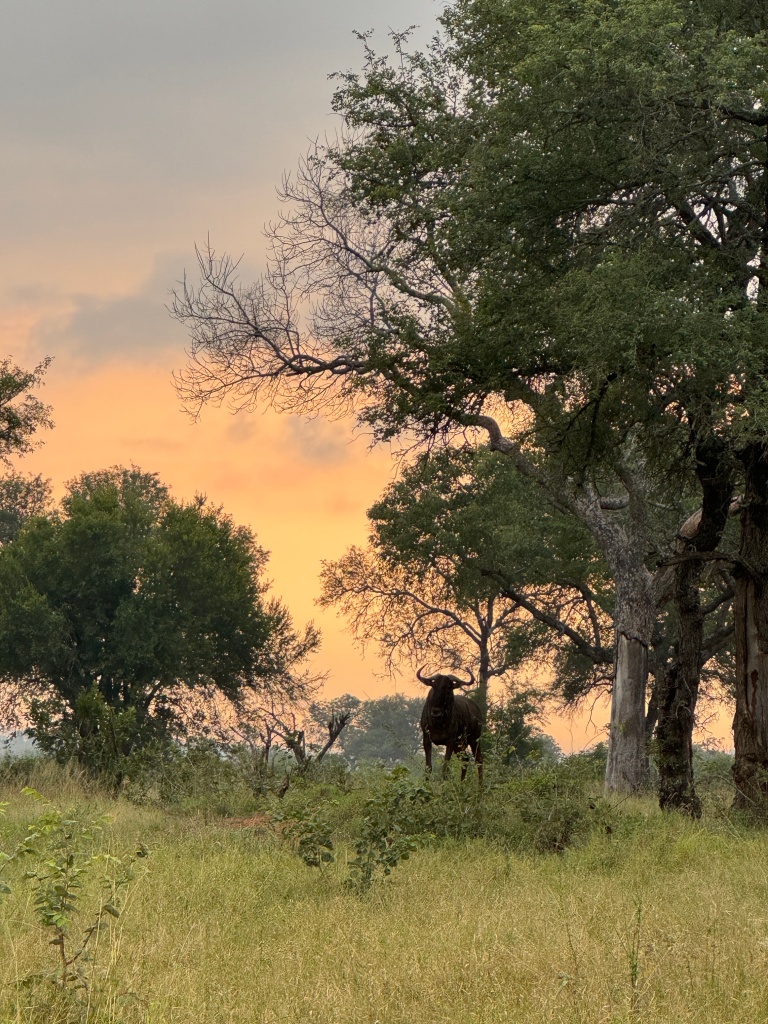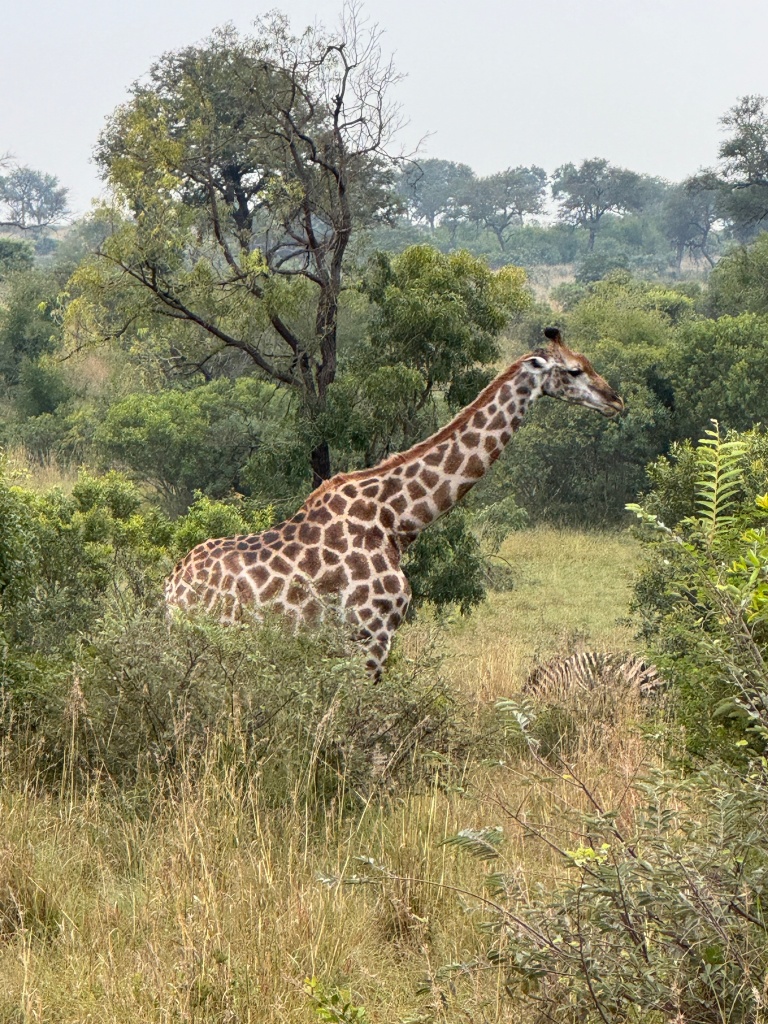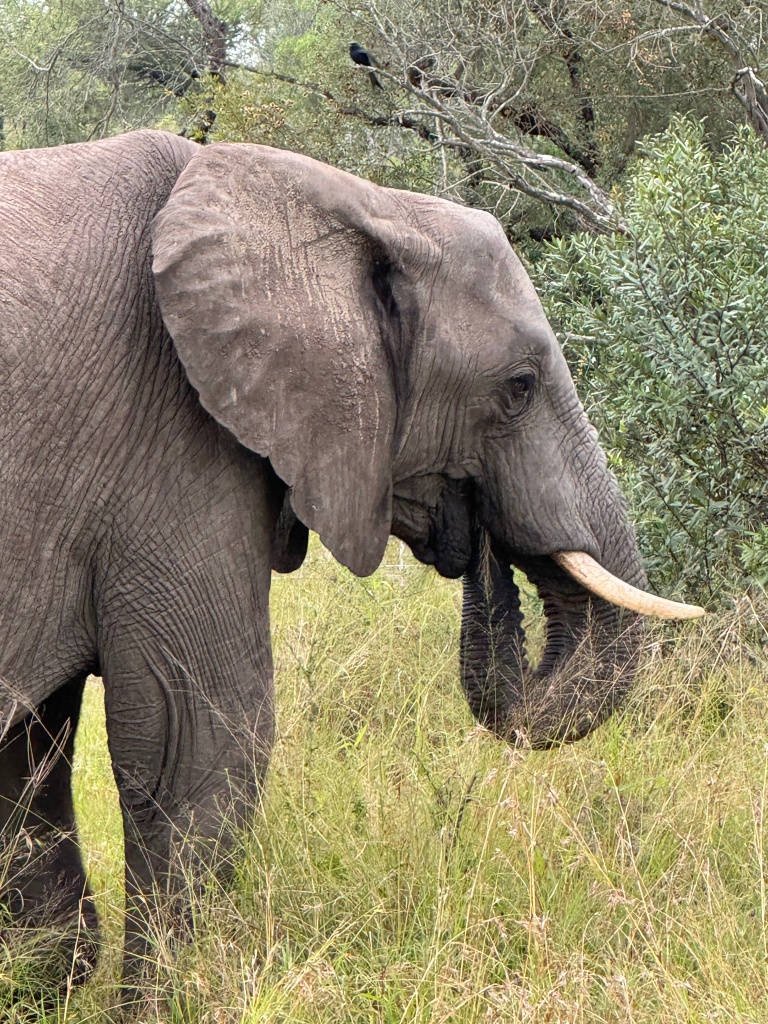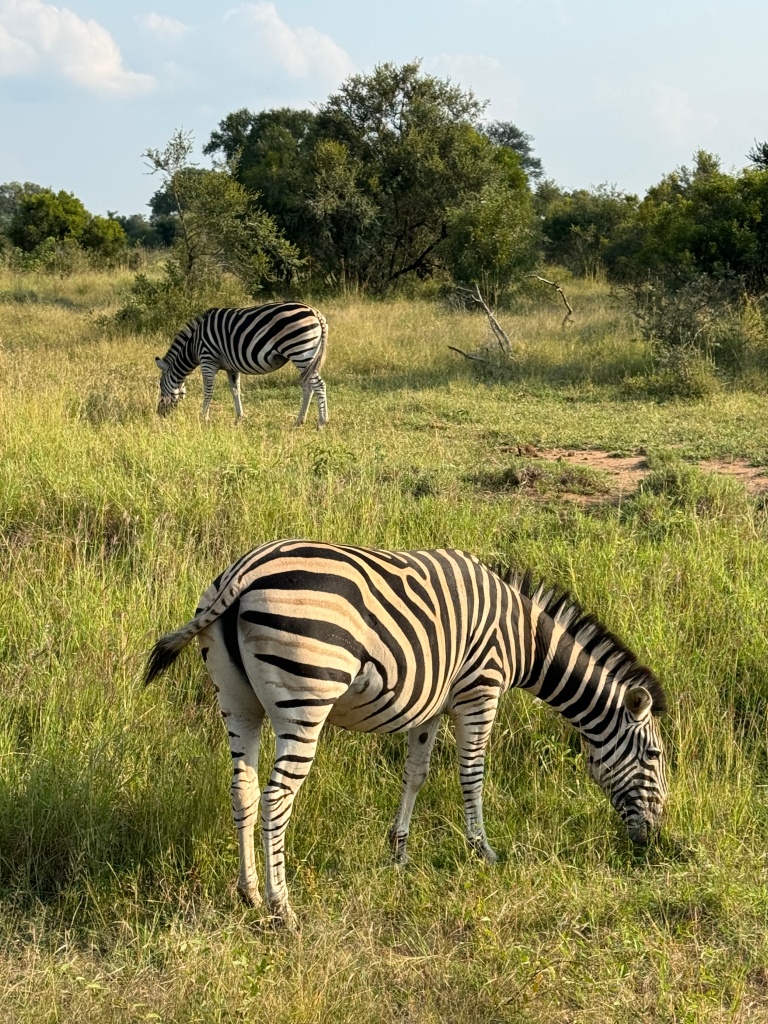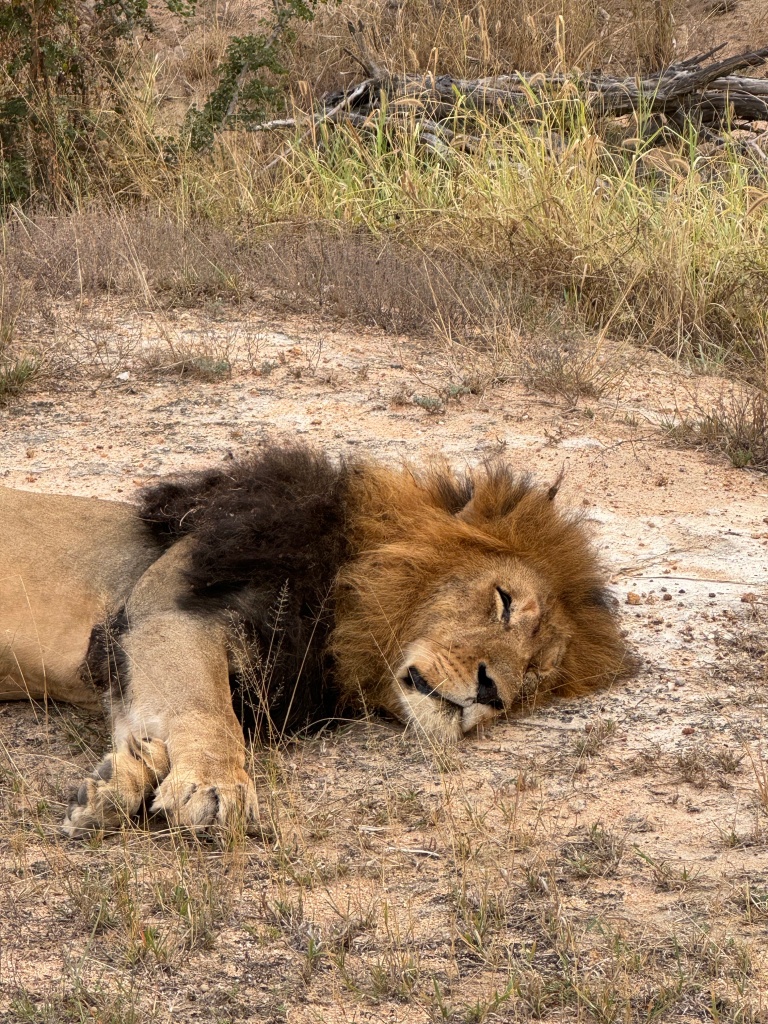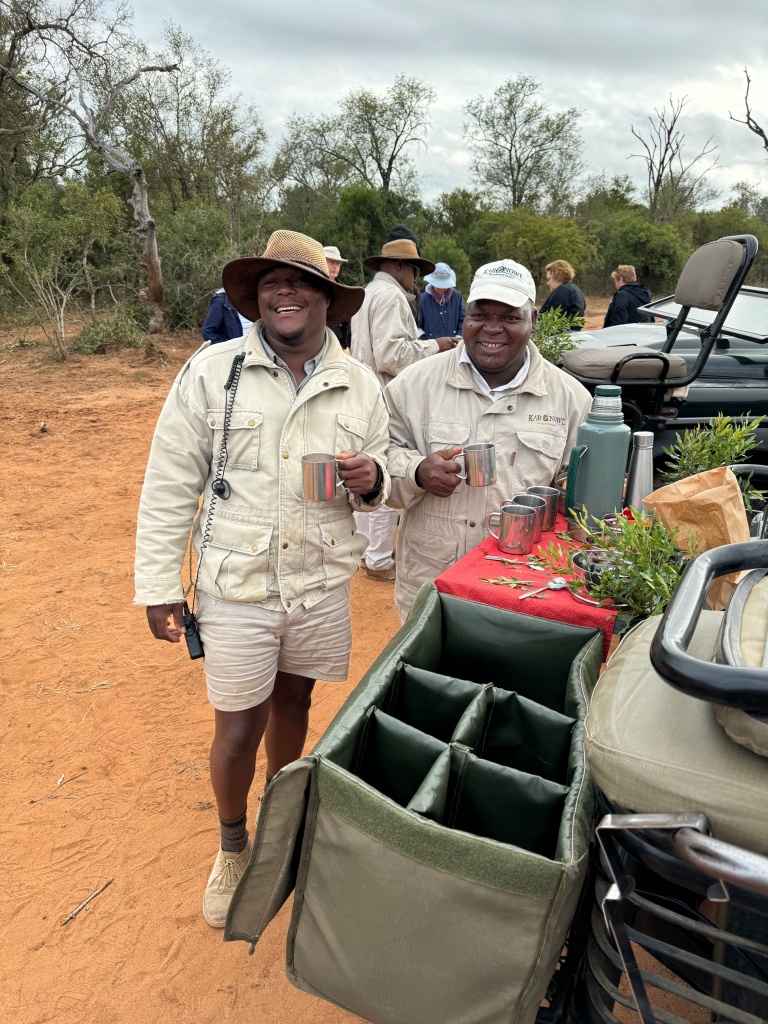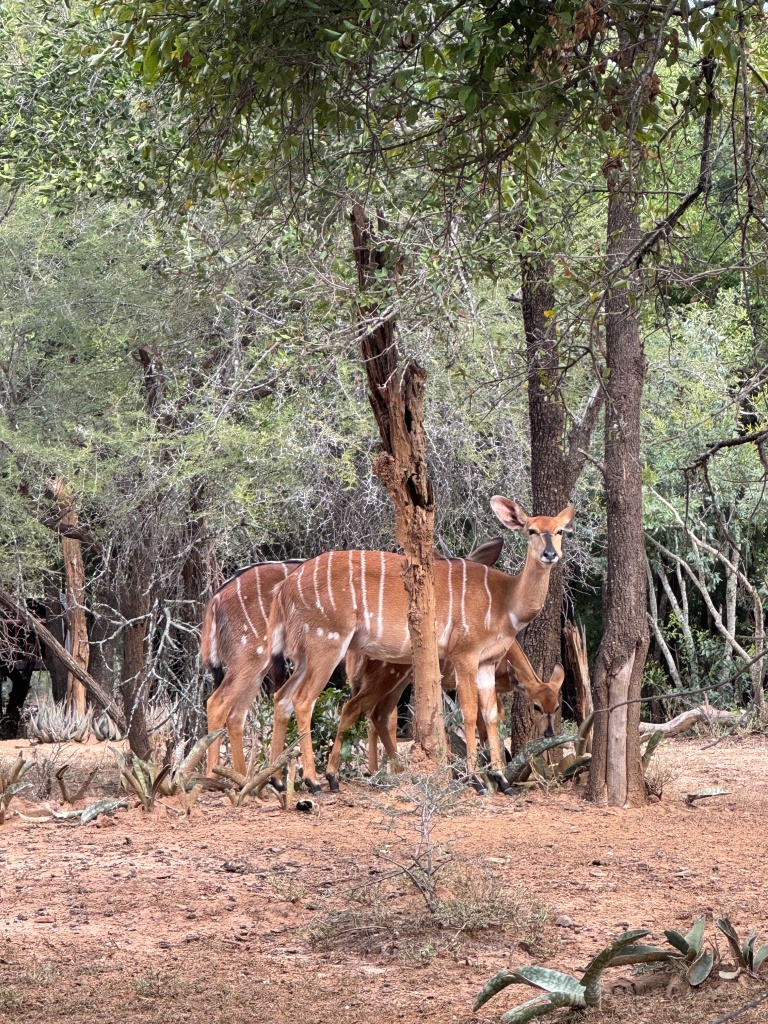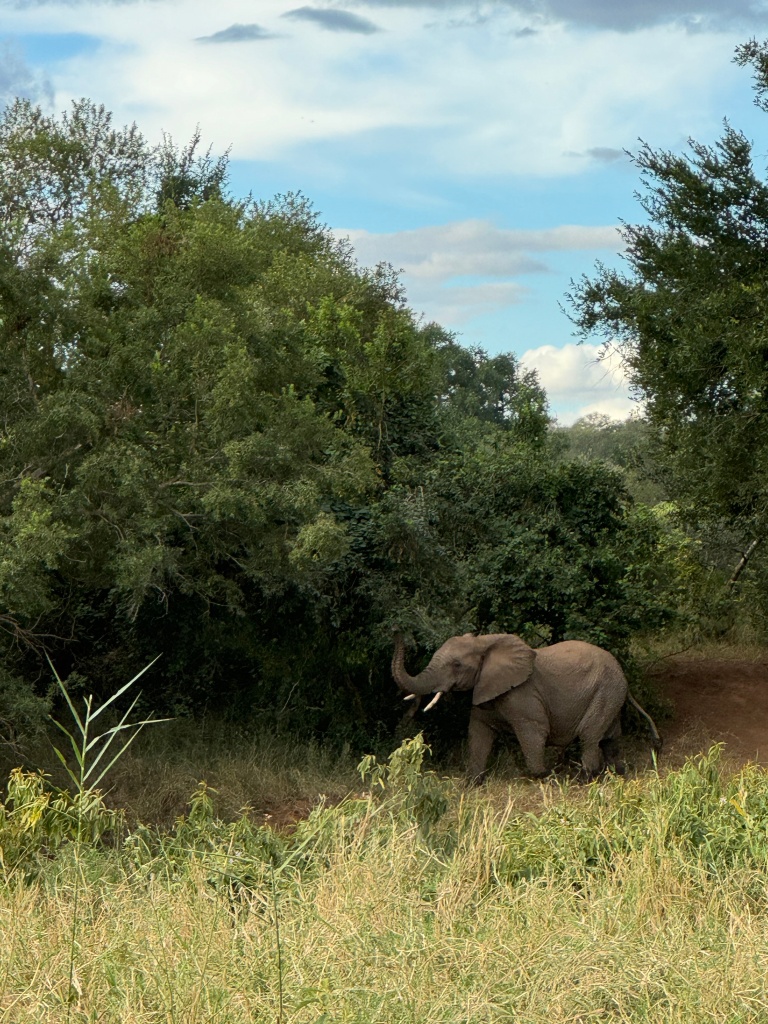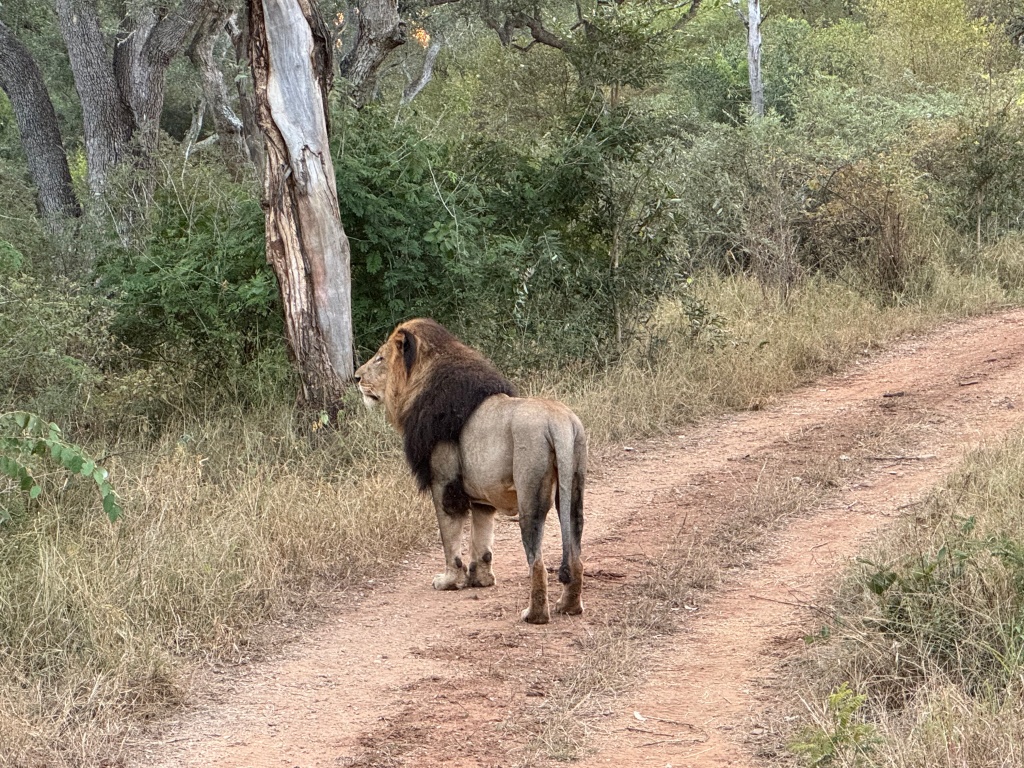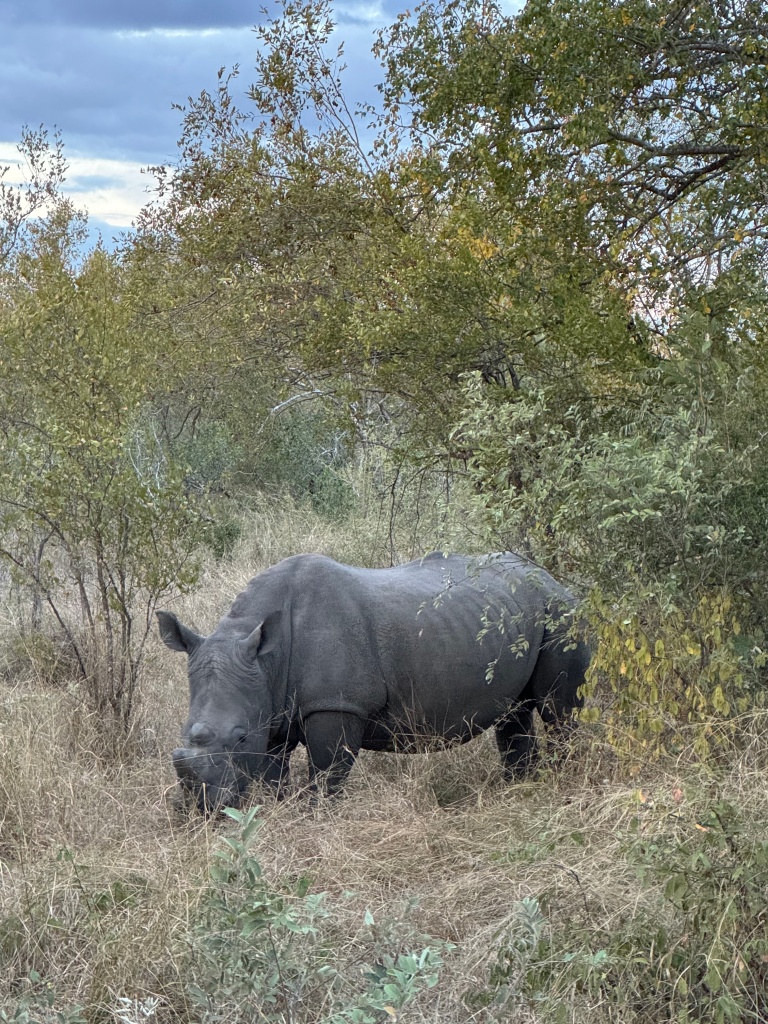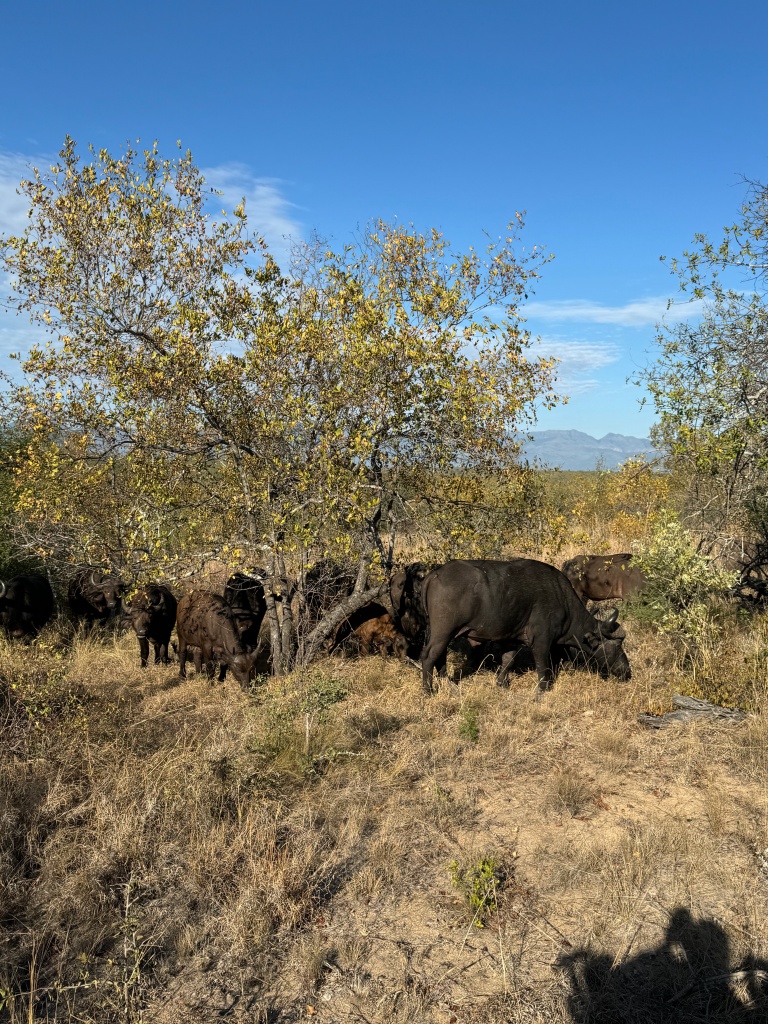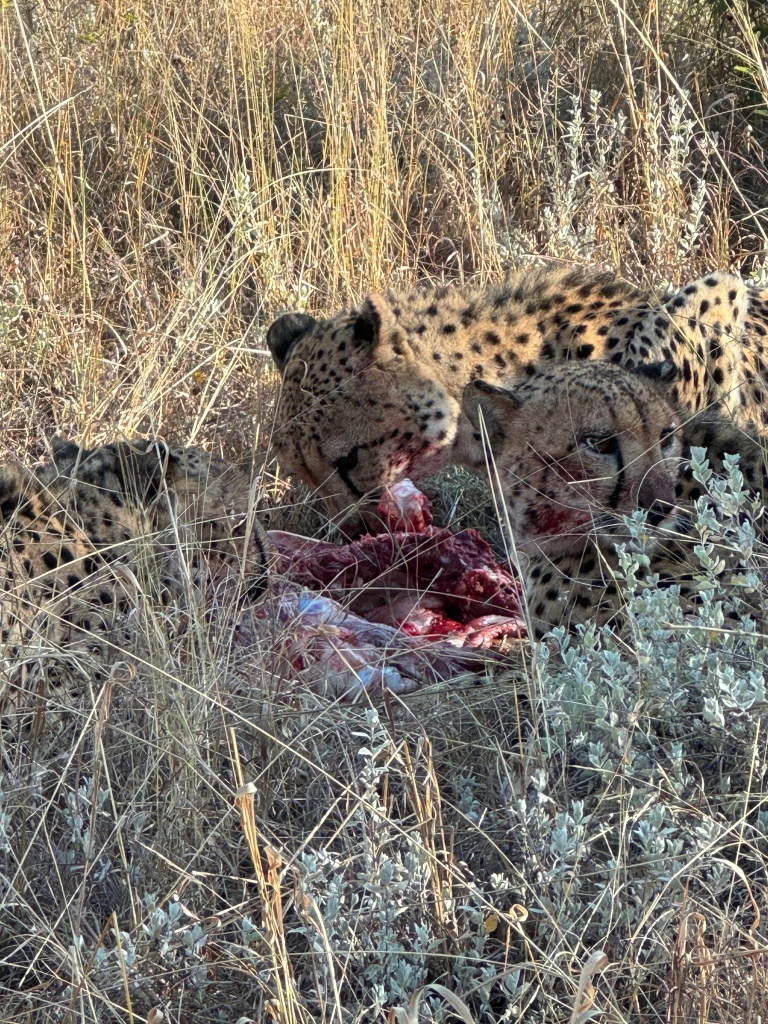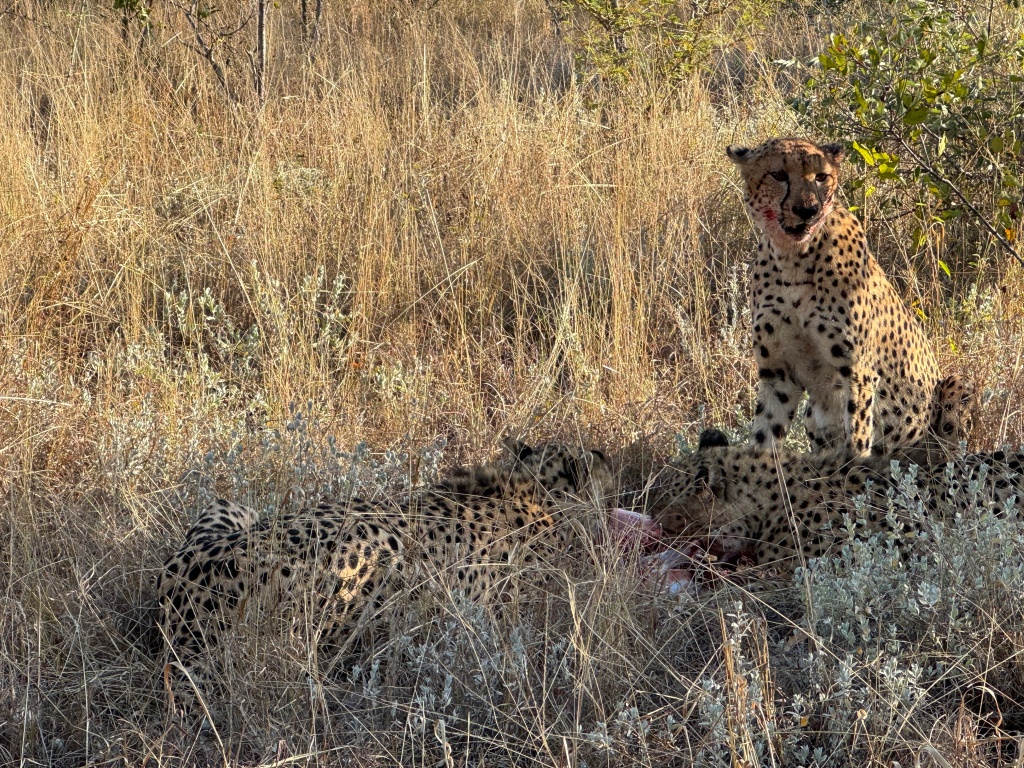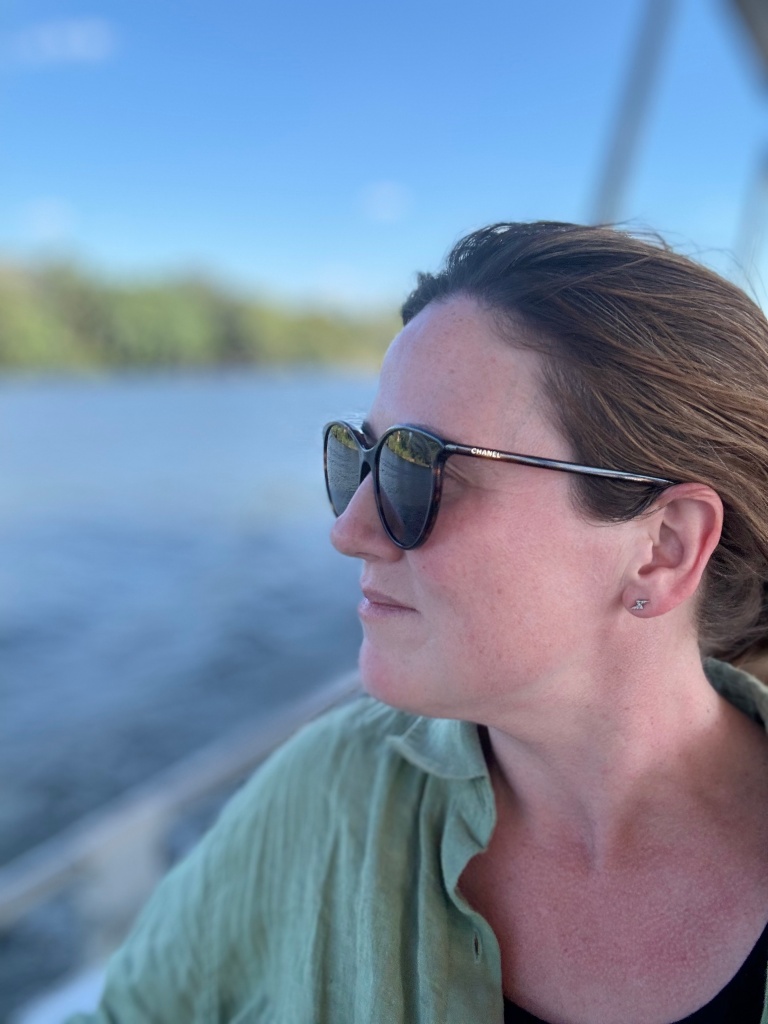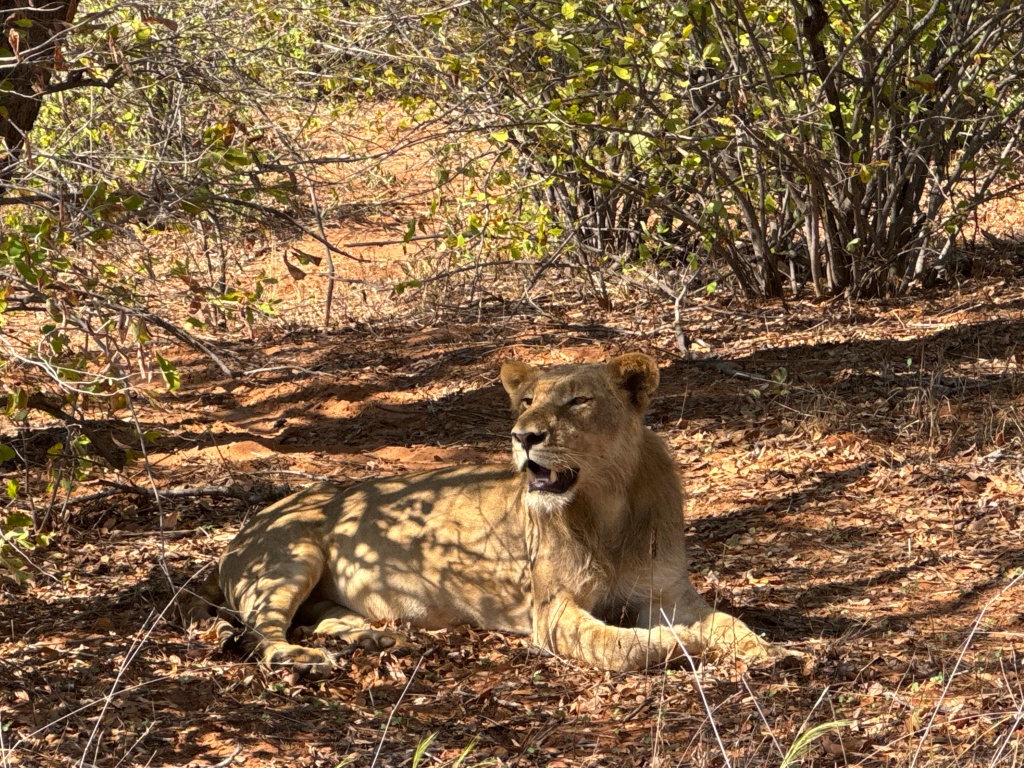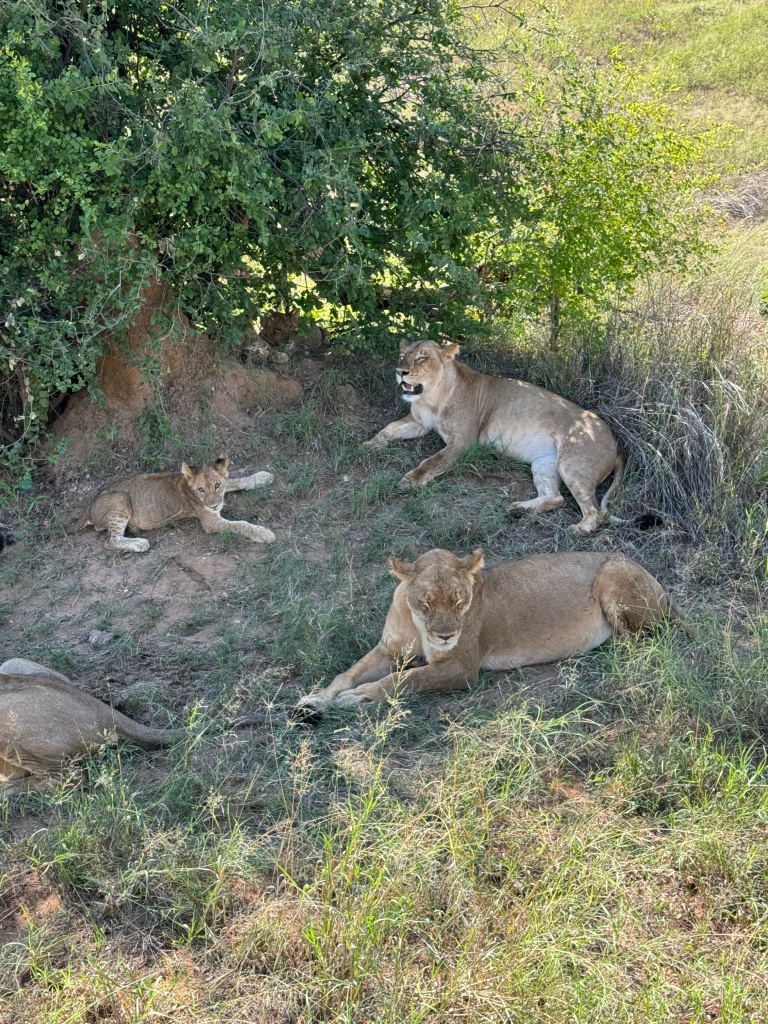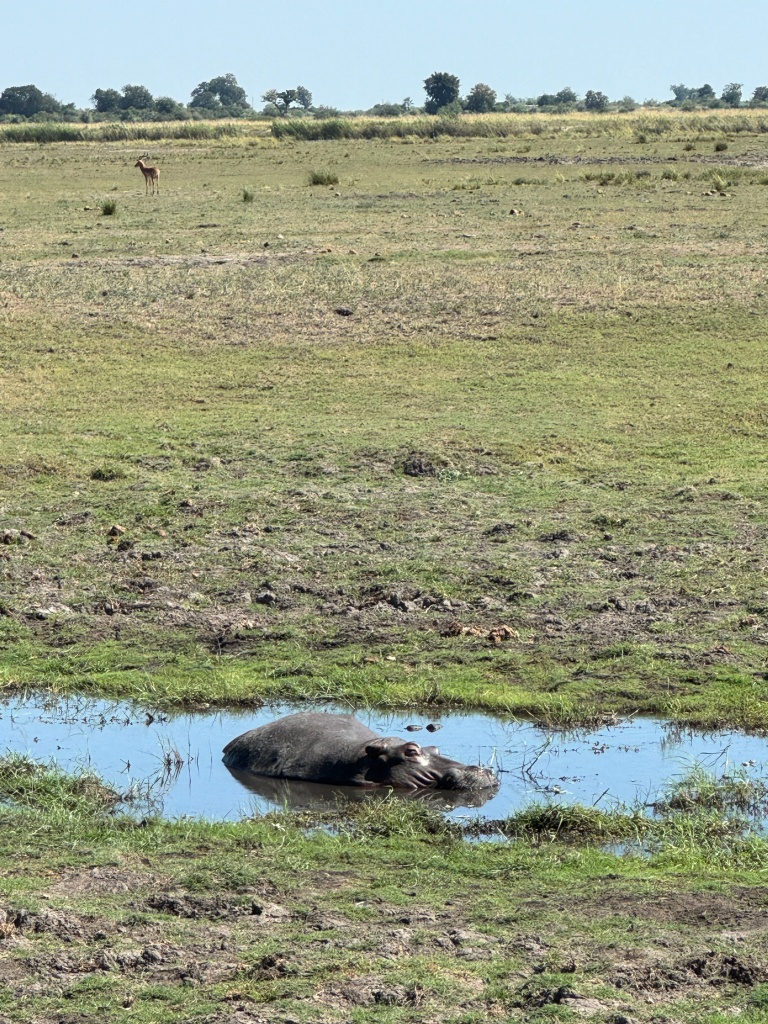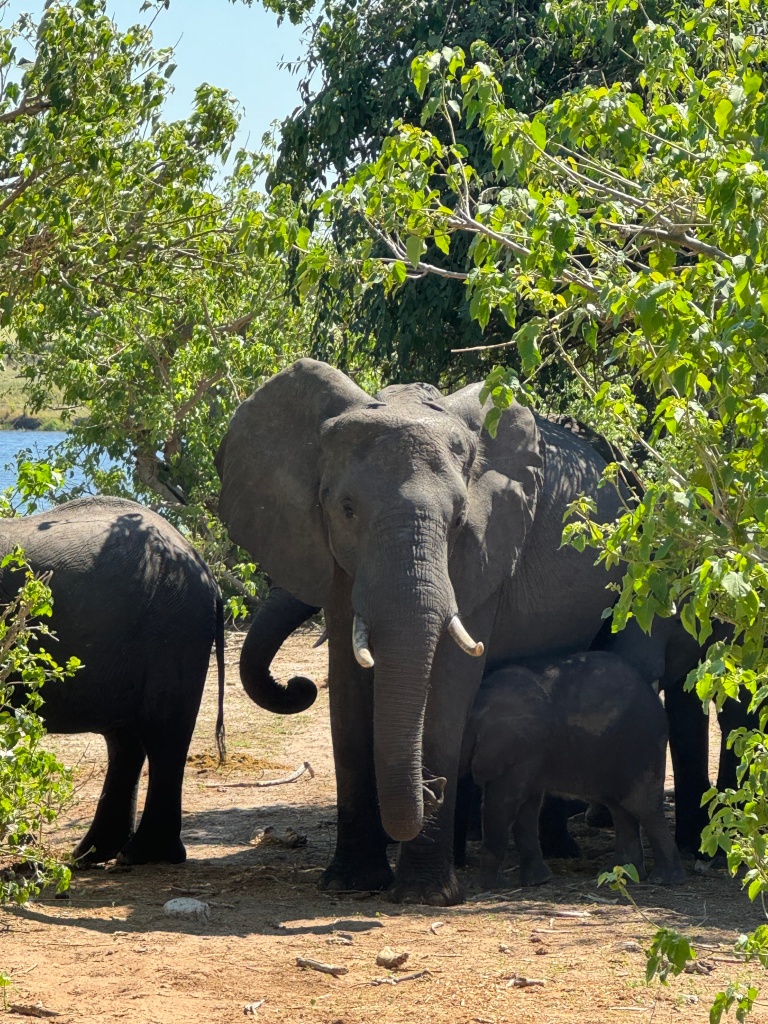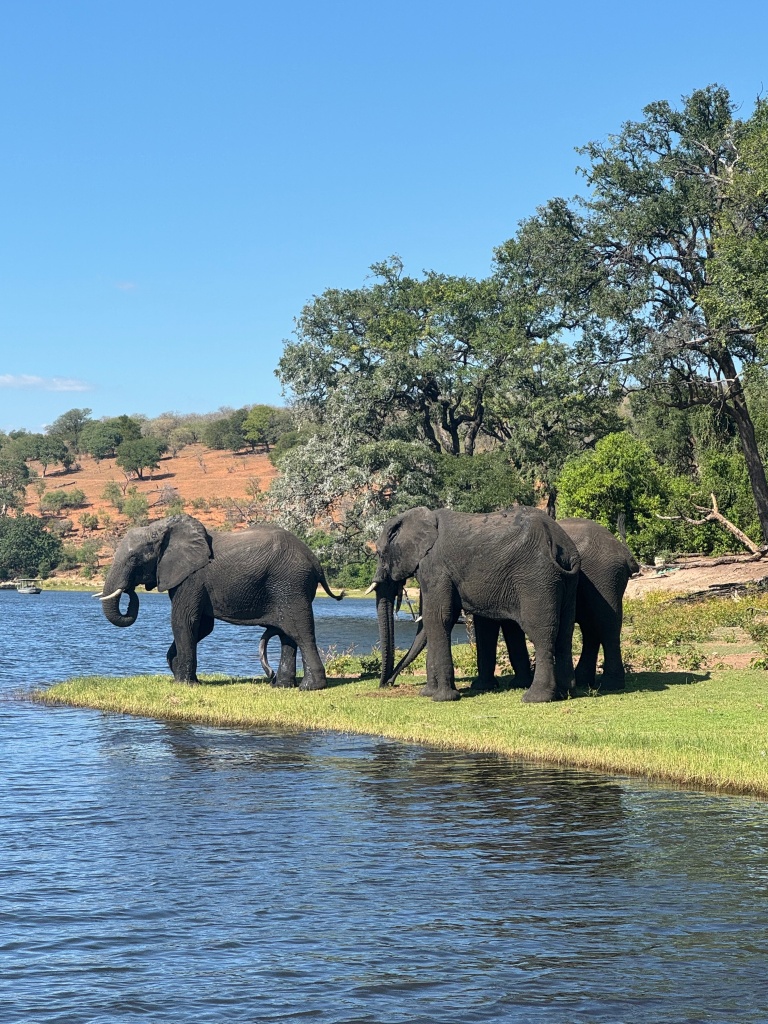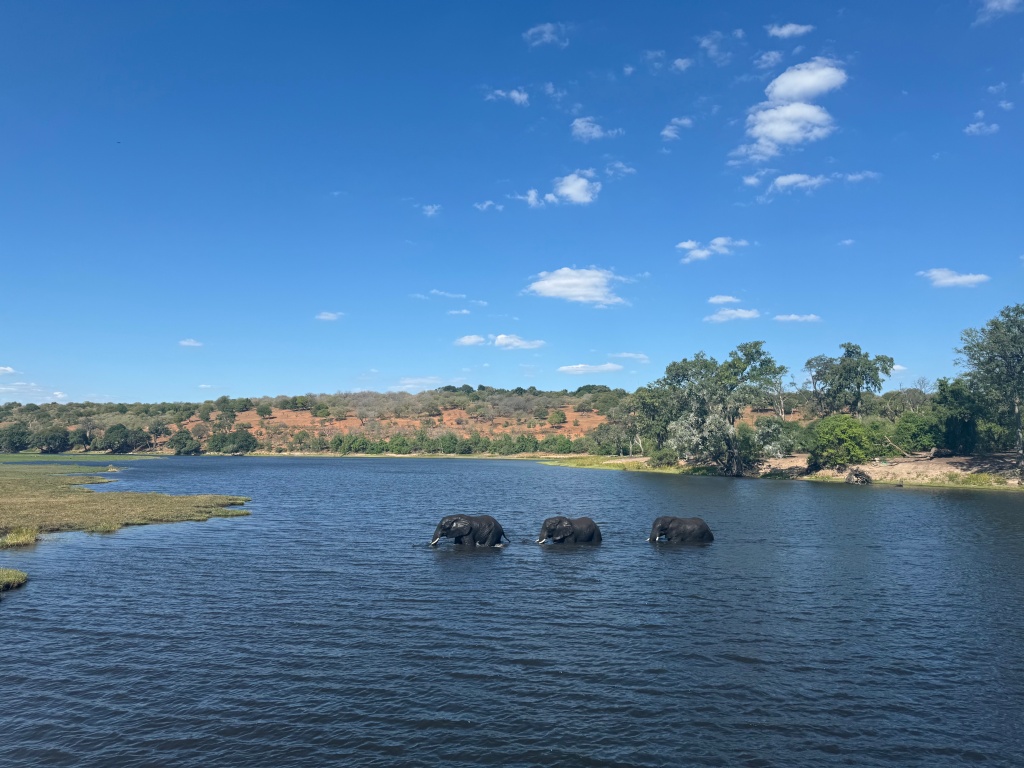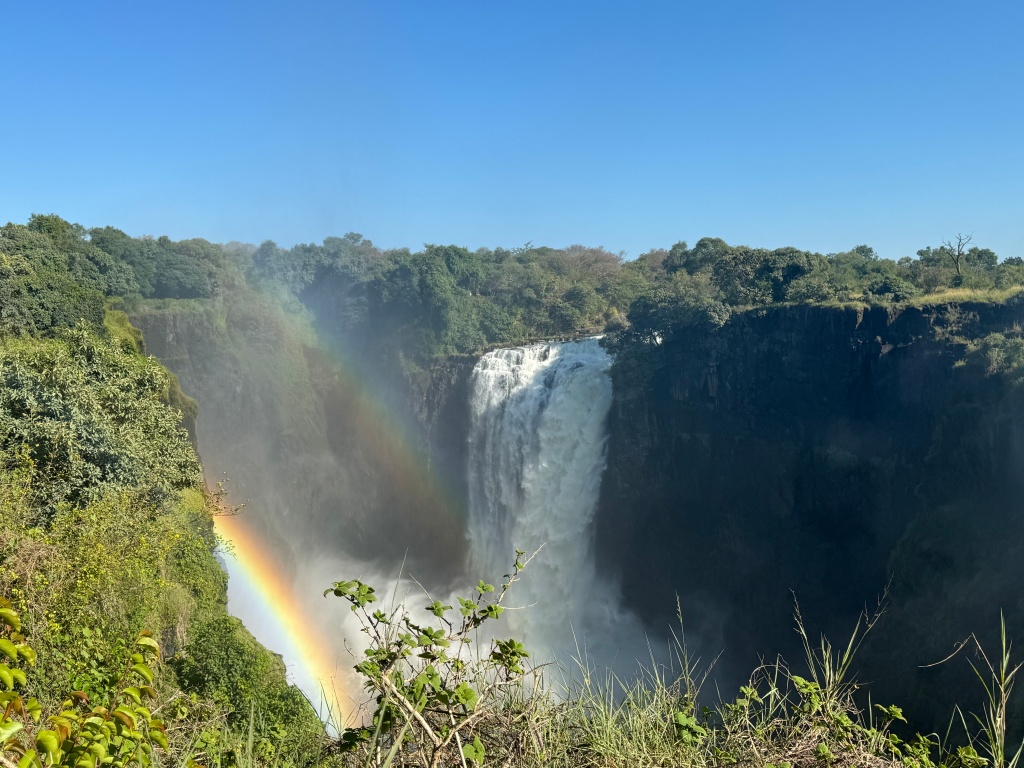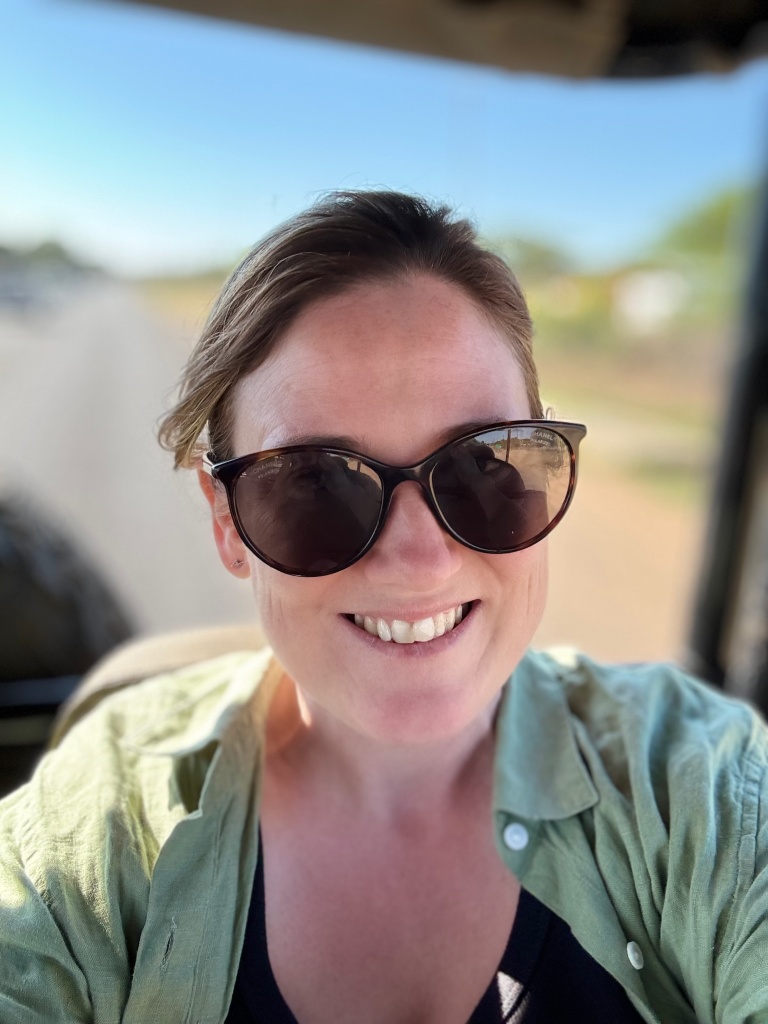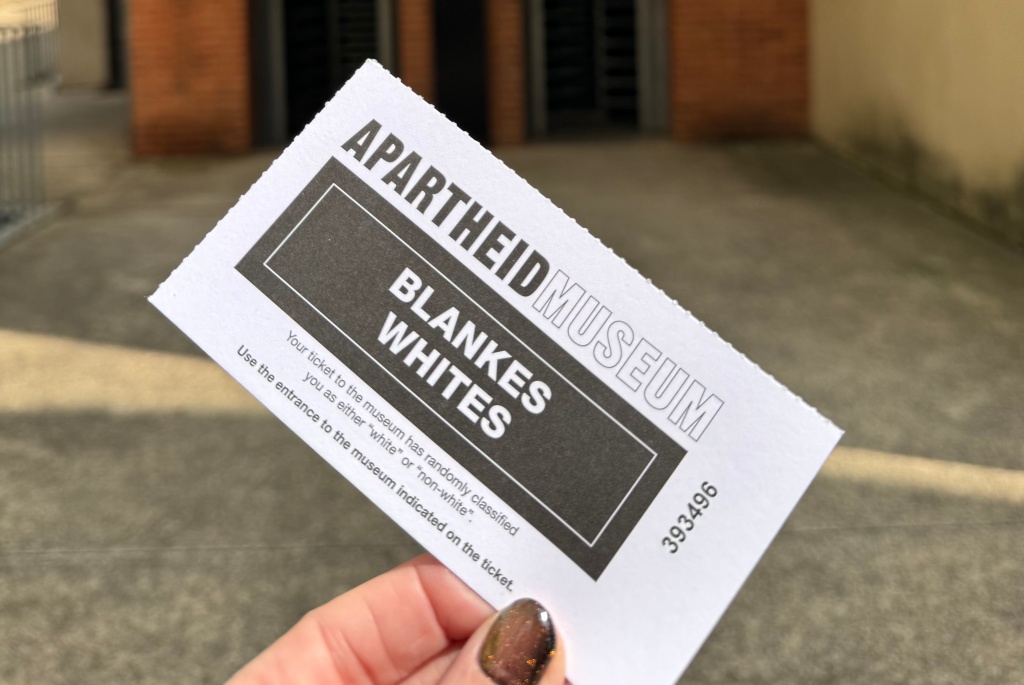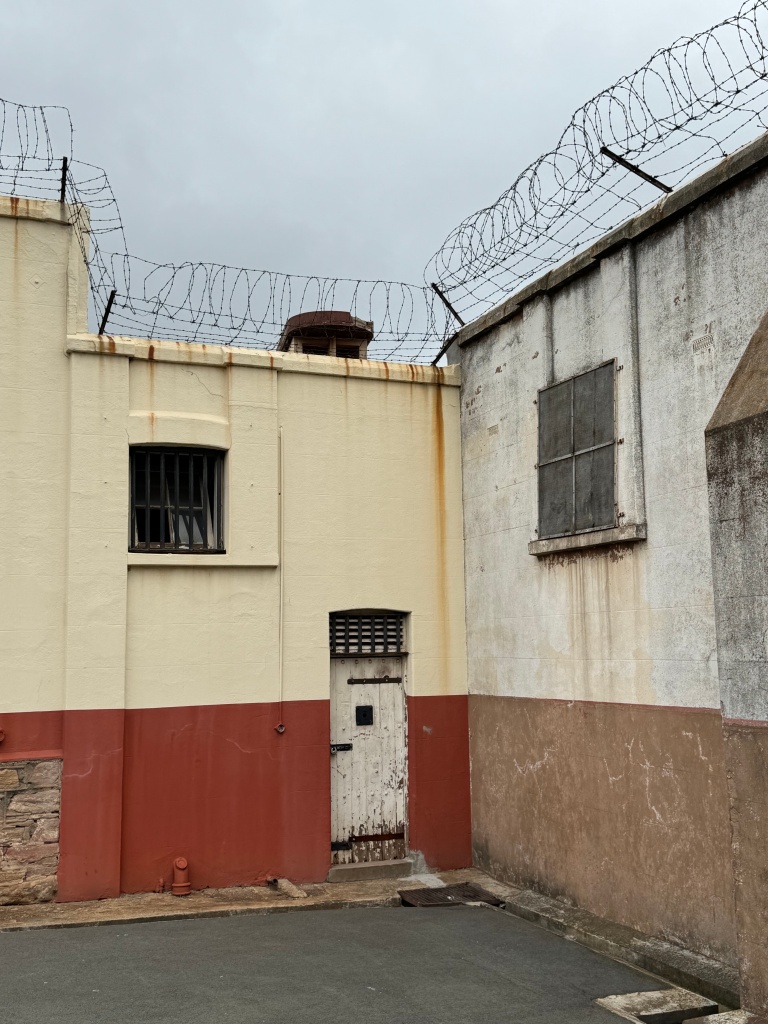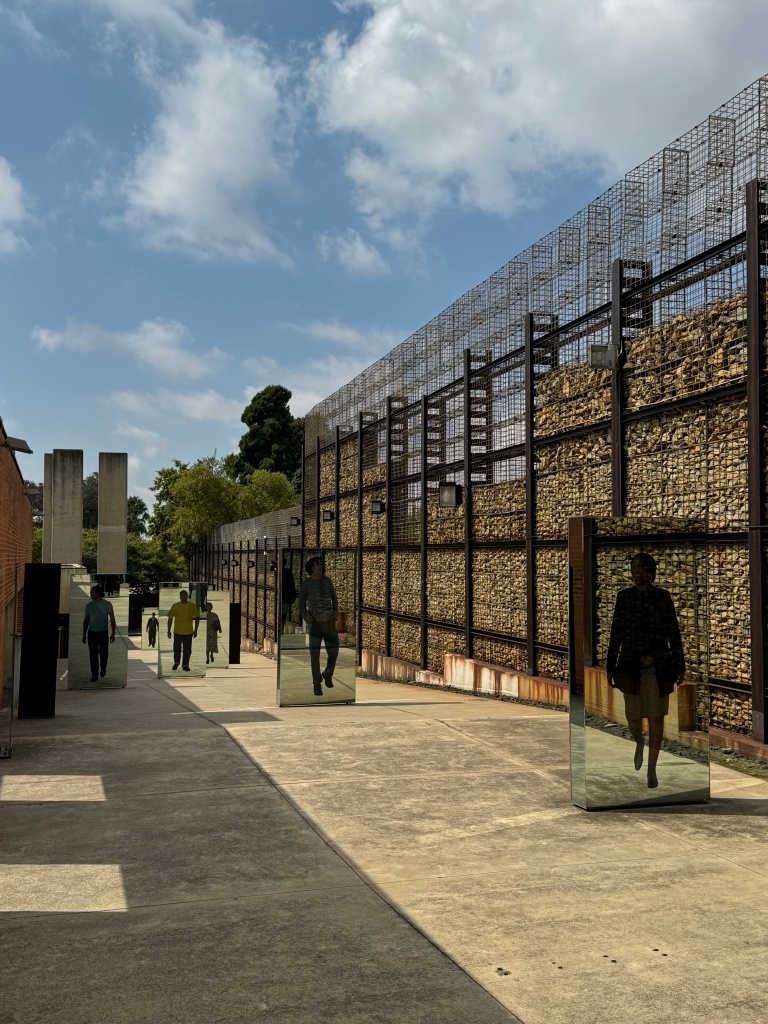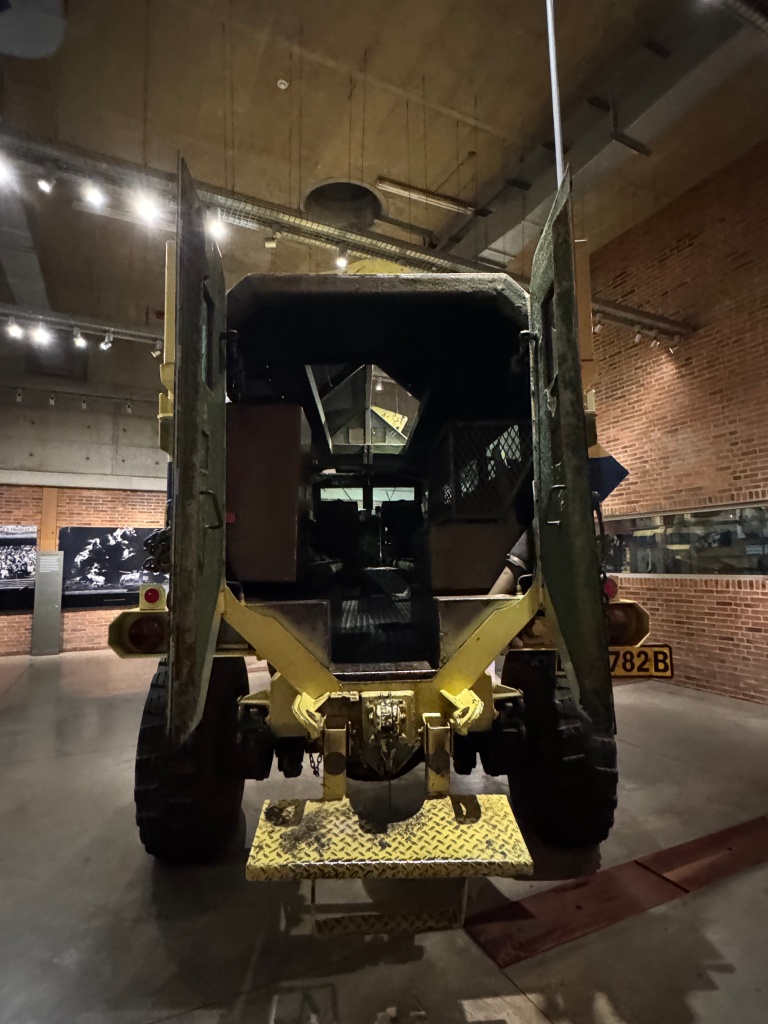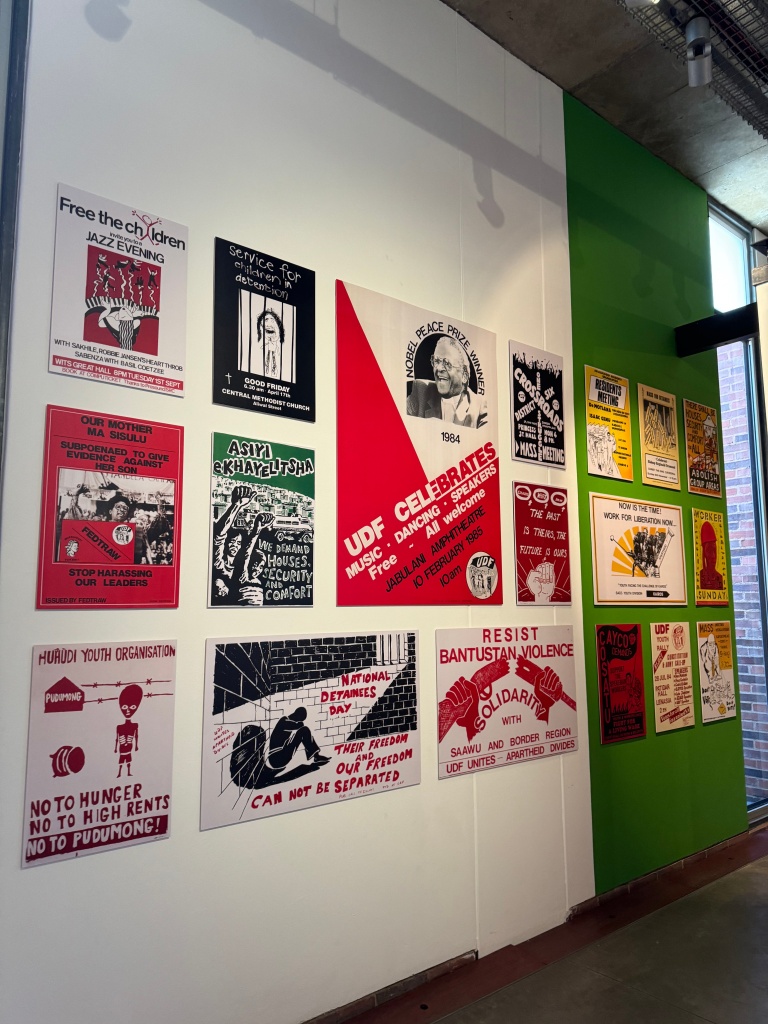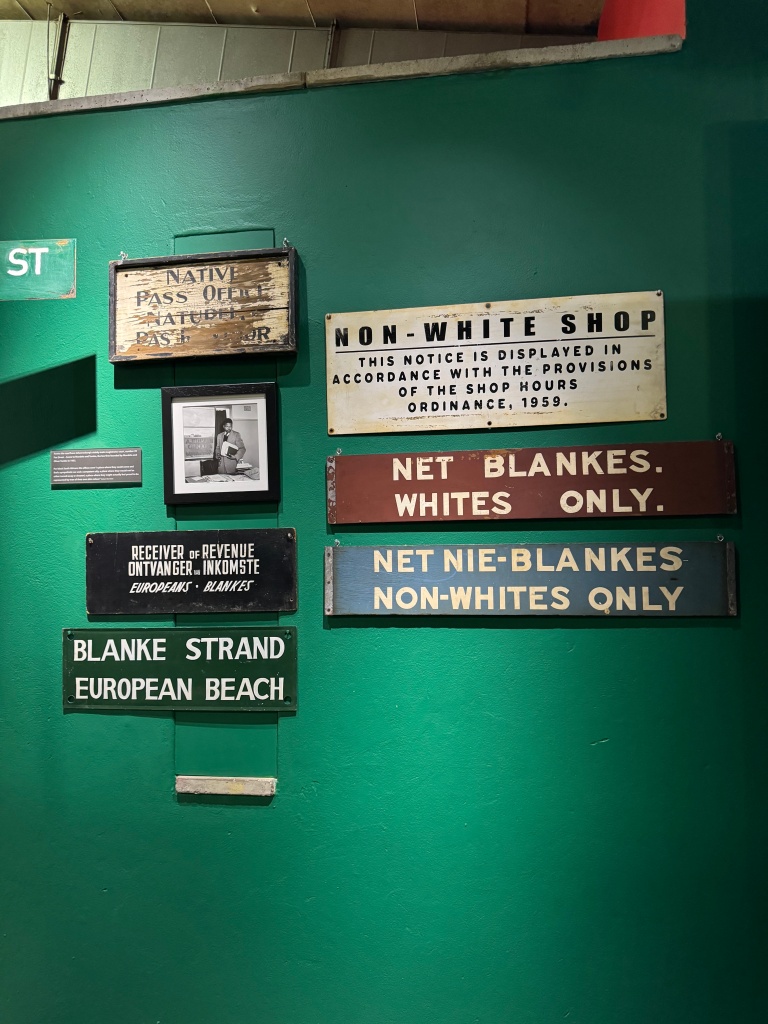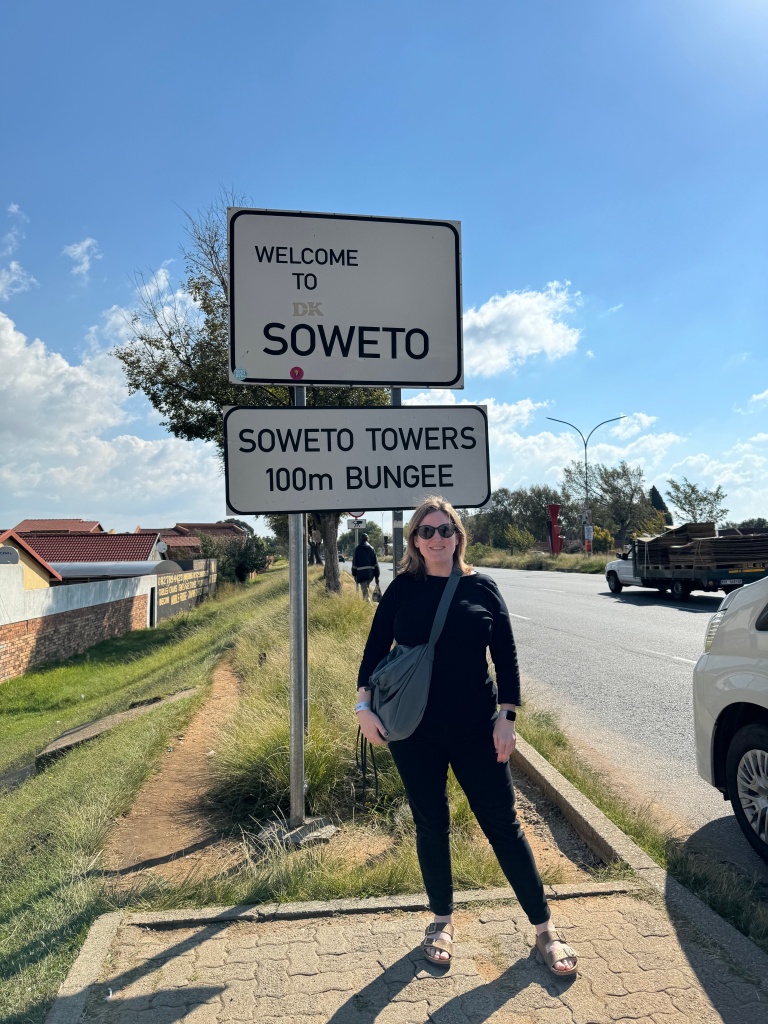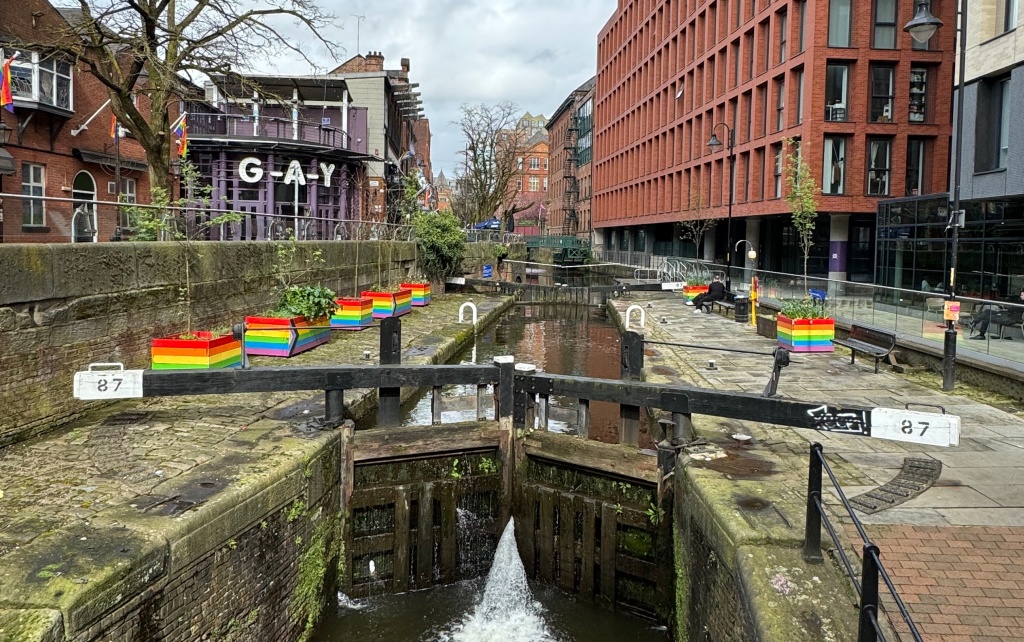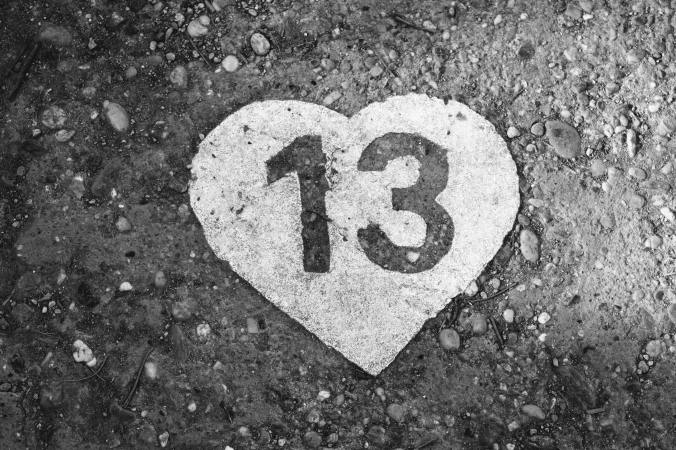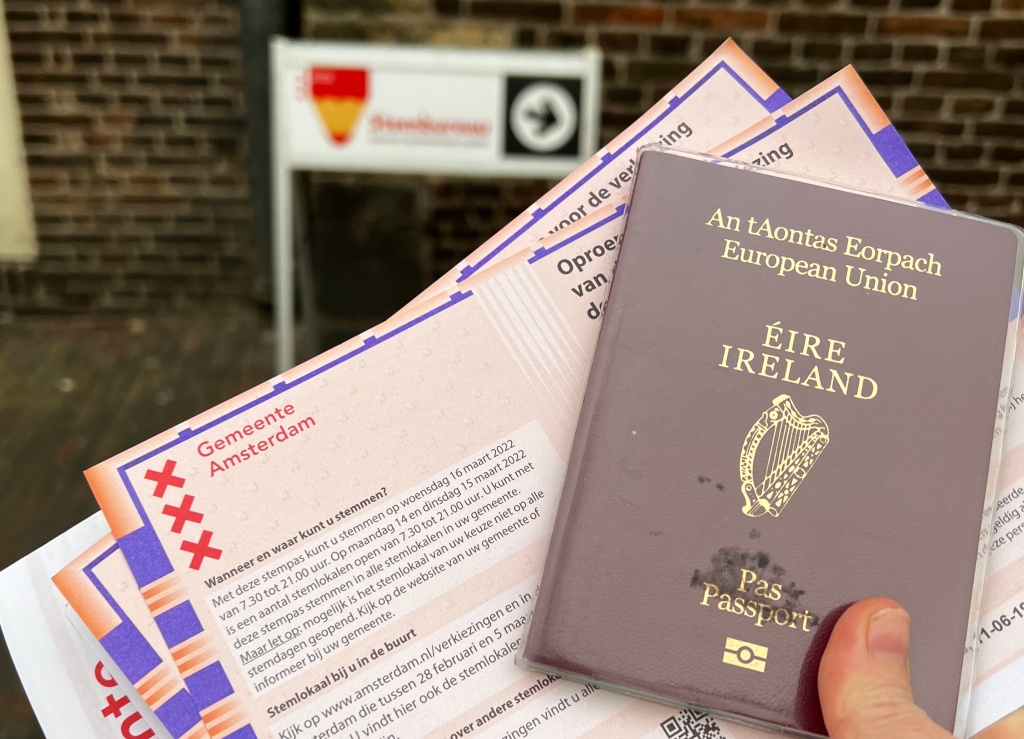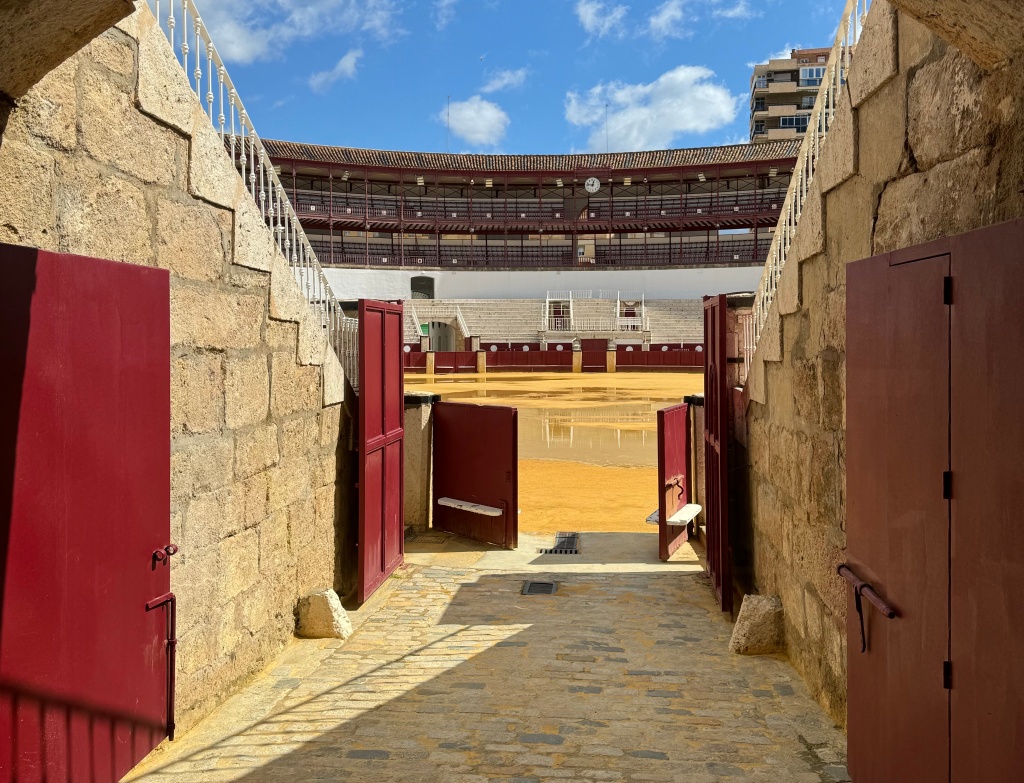
Today is Bevrijdingsdag (Liberation Day), marking 79 years since the Netherlands was liberated from Nazi occupation. It’s a national celebration of both that event and more generally of freedom, democracy and human rights.
As I type this I can hear a raucous and joyful Liberation Day party taking place on the Westermarkt, the square close to my house (and right next to the annex where Anne Frank and her family lived in hiding).
Having been fortunate enough to grow up in democratic countries, it’s easy to take our own liberty for granted. I can go where I want and say what I think – as my Twitter feed will attest – without fear.
But I remember my grandmother’s tales of Nazi-occupied Paris, and am conscious that a third of the world’s population still don’t have the same freedoms I enjoy.
My Nan never talked much about that time. It was very much her character that instead of talking about the dark days of occupation, she focused on the explosion of joy and happiness when her home city was liberated.
Reflecting on that day, she wrote: “The hidden Tricolours had come out at the windows, not just on public buildings from which the black spiders of the swastikas had crawled away, but in every street as before the occupation they had bedecked houses on the 14th of July, the anniversary of the storming of the Bastille. Red, White and Blue. Red for liberty, won at a price, White for equality, and Blue for fraternity, as in the motto of the French republic. It was as if the whole city had blossomed into a great flower garden. Back home we stood at the windows and balconies and in the warm summer evening we heard the bells of all the churches singing for freedom”.
On this warm early summer evening I’m sitting at my window, looking at the Dutch flags flying where fascist ones once hung, thinking how people shared that same relief and euphoria of liberation right here. And eight decades on here I am listening to my neighbours singing in celebration of freedom, recognising how far we’ve come – and how far the world still has to go.
Some things I did this week
It was a crazy busy work week. On Monday Lithos Partners moved into a new, bigger office. Our little European HQ is now right in the centre of town, close to Rokin metro. Annoying moving admin done with I can appreciate it’s a great space (if only because we now have enough desks!). If you’re passing through town, do pop by.
We’re cracking on with a discovery for a US-based client. For the most part this stuff is universal, but it’s interesting how differences in working culture either side of the pond are reflected in leadership priorities, and how that feeds into our work.
When you run your own business the real marker of success is that organisations ask us back, or recommend us to others. Pleasingly, that happened three times this week. Previous clients coming back to us to see if we can help with new challenges. So we’ve spent a chunk of time this week talking, planning and seeing where we can help.
One recent learning that is that it helps everyone if we can be upfront about where we aren’t best placed to support. I’ve got a great network and this week have been able to tap into that to find associates to join our projects, but also to simply put others in touch directly where we’re just not the best team to help.
Jonathan and I spent the latter half of the week at the HR Technology Europe conference here in Amsterdam. It’s slightly adjacent to the teams and tools we normally work with – and all the more valuable for it.
As a communicator by trade it pains me to say this, but no one is anywhere near as interested in news on the intranet as the internal comms team are. People go to their digital workplace to get stuff done. That’s not to say they like doing it. But there’s an admin overhead associated with having a job. People want to get that over with as quickly as possible and go back to the real job.
We put comms in the way of that user journey in the hope and expectation that people will see and read it. But the reality is there’s a mutual benefit there in HR (and other functions) integrating all their stuff with the digital workplace – in increasing the likelihood that anyone will ever find or use it – and in turn positioning work channels as useful, increasing readership for comms too.
The long and short of it is intranets and HR tools and portals of any kind are simply not places that real employees ever want to digitally hang out, and nor should they be.
This hard truth was one that didn’t seem at all apparent to either vendors or attendees at the conference. There’s an explosion of tools for pay, benefits, engagement, performance, planning… all of which seem to harbour under the illusion that these are things any sane person wants to spend more than the absolute minimum time doing.
I did a talk on day 2 on why we need to deliver integrated experiences so people don’t need to navigate myriad tools and interfaces, but can simply get the thing done and go and do something else.
We had a few good chats afterwards with both vendors and those delivering HR tech programmes in big orgs. But I came away withy the distinct feeling these tools focus on the buyer (HR) over the users (everyone with a job).
I’m conferencing again next week, running a 300 Seconds session at Camp Digital, to bring some new speakers and stories to the stage. So a high point this week was some final planning (and re-planning thanks to a train strike) and mentoring one new speaker. I’m looking forward to it.
What I’m reading
Being a huge politics nerd, and with results stretching over three days, reading this week took a back seat to endlessly scrolling Twitter for results and memes. Came out happy on both counts.
Connections
Plenty at the HR Tech conference. And I got to meet Mervyn Dinnen, who I’ve been following on Twitter for a decade but never met irl.

